Many opinions said that the document was carefully prepared, with a tight and coherent structure, creating a solid political foundation for the new development stage. In particular, the inclusion of the phrase "strategic autonomy" in the document is considered an important step forward, demonstrating the nation's endogenous strength.
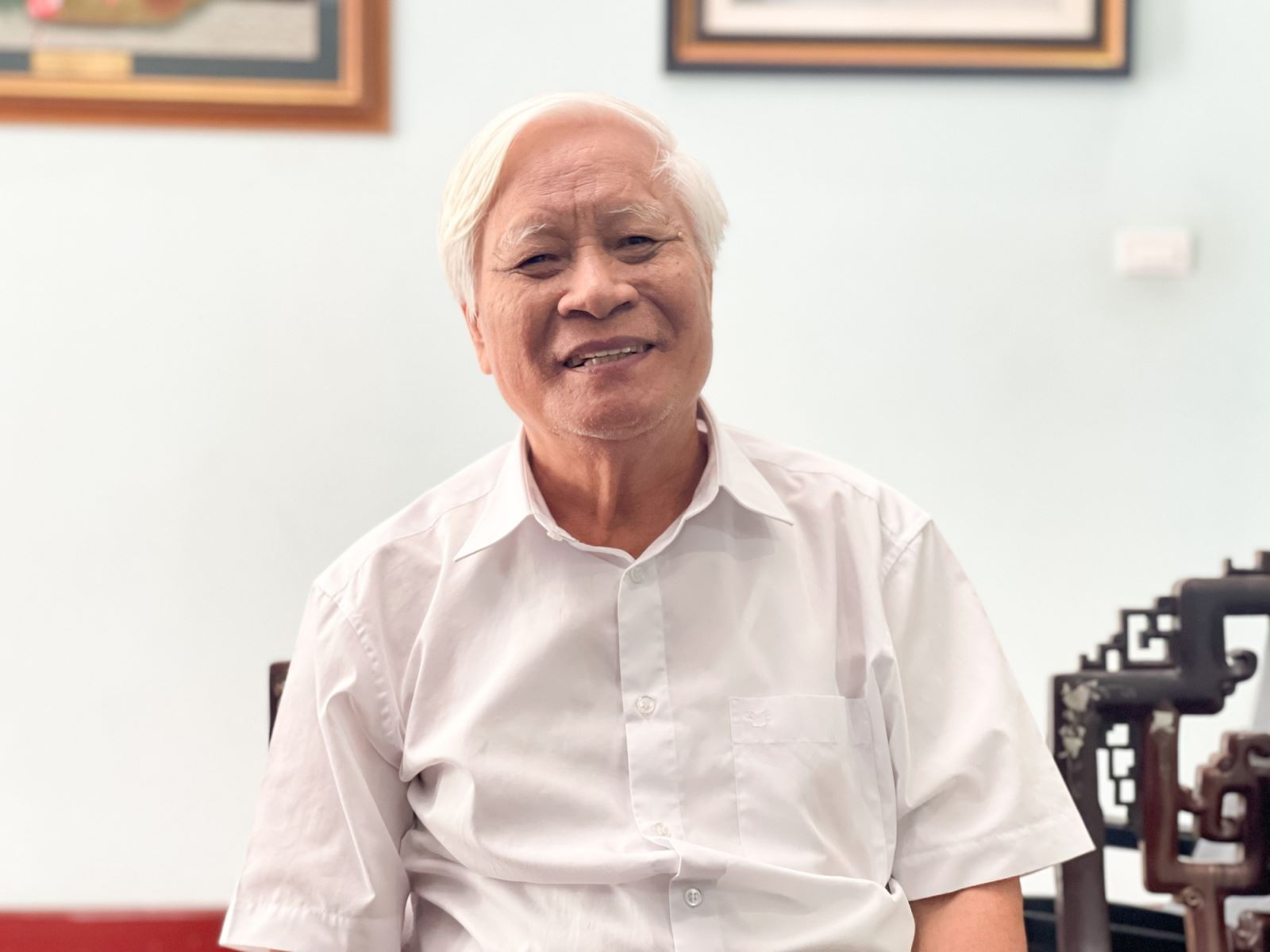
Necessary development requirements
Paying special attention to the phrase “strategic autonomy” in the document, Dr. Nguyen Viet Chuc - former Deputy Chairman of the National Assembly ’s Committee on Culture, Education, Youth, Adolescents and Children pointed out that from 1945 to now, our nation has experienced many ups and downs, from resistance, unification to innovation and integration. At each stage, Vietnam has demonstrated the spirit of autonomy. Now, in the new context, “strategic autonomy” is not only inheriting that spirit, but also an inevitable development requirement, affirming the belief in one’s own intelligence, mettle and strength.
“Strategic autonomy” according to Dr. Nguyen Viet Chuc means self-reliance and self-strengthening in all areas, from building and defending the country to developing the economy, culture and society; it is the ability to make decisions, take responsibility for oneself, not be dominated, enticed or dependent on any alliance. It is not only the will but also the actual capacity - to be “strong enough” to protect the Fatherland, in production, trade, services, improve people’s lives, and ensure social security. “Only when we are capable of being self-reliant in these aspects, will we truly be strategically autonomous,” Mr. Nguyen Viet Chuc emphasized.
However, it is not easy to do so. The rapidly changing world context, fierce competition, and increasing protectionism require Vietnam to act early and decisively. Other countries have also changed their perspective, no longer seeing Vietnam as a country in need of support and assistance, but as an equal partner. Therefore, strategic autonomy must be prepared from now, not waiting until "being forced to be autonomous".
The Party’s choice to include the issue of “strategic autonomy” in the draft Political Report this time is the right decision, showing strategic initiative. It demonstrates the revolutionary spirit of attack, the determination not to stop, not to slow down under any circumstances. Because if it stops, Vietnam will miss the opportunity to realize its aspiration of becoming a developed and powerful nation by 2045.
In the context of complex globalization, strategic autonomy needs to be demonstrated comprehensively and consistently, from domestic to foreign affairs. Vietnam must maintain the principle of "cooperation but not alliance against anyone", consistently implementing an independent, autonomous, multilateral and diversified foreign policy. "I can cooperate with you, but not join your side to oppose anyone", Mr. Nguyen Viet Chuc emphasized and said that this spirit must permeate national defense, economy, culture and education.
According to Dr. Nguyen Viet Chuc, in terms of economy, strategic autonomy means building an economy for the people, sustainable development in both quality and quantity, autonomy in science, technology, and production methods; ensuring food and energy security, maintaining the domestic market, and expanding exports.
Expressing his high agreement with the way the draft Political Report was presented, Dr. Nguyen Viet Chuc said that the document does not need to be too detailed, should not be listed in a scattered manner, but should only focus on major orientations and key issues. The doctor assessed that the draft documents submitted to the 14th Congress were carefully and comprehensively prepared; including the draft Action Program of the Party Central Committee to implement the Resolution of the 14th National Congress of the Party, meaning that as soon as the resolution was issued, there was an immediate action program.
“The draft has shown innovative thinking in the way of doing things. The Resolution is the principles and major orientations, while the Action Program is where it is concretized with clear and feasible tasks and projects such as infrastructure construction, regional economic development, industrialization and modernization,” Dr. Nguyen Viet Chuc expressed.
“Strategic autonomy is a great idea of the new era, demonstrating the vision, mettle and aspiration of the Vietnamese people. Including this content in the 14th National Congress Document is a strong affirmation of the country's position and endogenous strength, the foundation for Vietnam to enter a new era of development, firmly, confidently and sustainably,” Dr. Nguyen Viet Chuc emphasized.
Self-shaping development space, self-determining national interests
National Assembly delegate Le Hoang Anh (Gia Lai) also said that the content of "strategic autonomy" is a highlight with profound theoretical and practical significance, reflecting a new development in the Party's leadership thinking in the context of a rapidly changing, complex, and unpredictable world.
If in the past, "autonomy" was mainly understood as independence and self-reliance in politics, economy and national defense, then in the current period, "strategic autonomy" needs to be understood at a higher level, that is, the capacity to self-shape development space, self-make policy decisions based on national interests, in the context of globalization, interdependence in technology, energy, finance and data.
According to delegate Le Hoang Anh, the draft document has outlined the main orientation, but it is necessary to clarify the scope, components and implementation mechanism of "strategic autonomy". Currently, the draft only focuses on "strengthening internal strength, promoting comprehensive strength", but has not clearly stated: how strategic autonomy in technology, data, finance and institutions will be built; how to reduce strategic dependence by what mechanism; and who is the central agency responsible for research, forecasting, strategic advice, coordination and strategic action in the national system.
To continue perfecting the viewpoints, tasks and solutions on "strategic autonomy", delegate Le Hoang Anh proposed four major issues: perfecting awareness, identifying three pillars of strategic autonomy, key tasks until 2035 and linking strategic autonomy with proactive integration.
In particular, three pillars of strategic autonomy are identified, including: Economic and technological autonomy with mastery of digital infrastructure, energy, supply chains and core technologies; Institutional and legal autonomy with the construction of a stable, constructive legal system, flexible policies, not dependent on foreign models; Autonomy in strategic thinking in improving the capacity to analyze, forecast, make quick and independent decisions based on data and strategic information.
Source: https://baotintuc.vn/thoi-su/tu-chu-chien-luoc-suc-manh-cua-ky-nguyen-moi-20251110093138596.htm








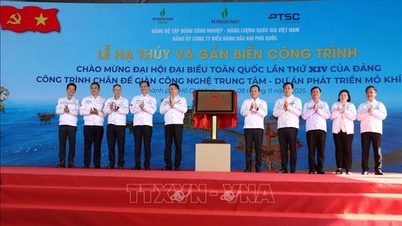


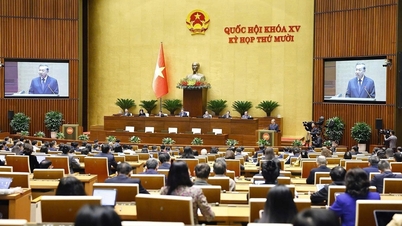

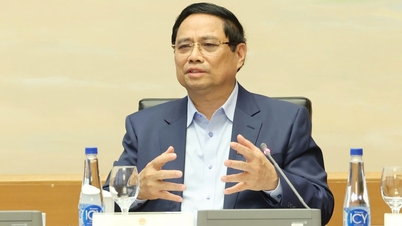
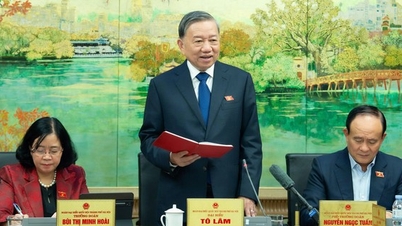

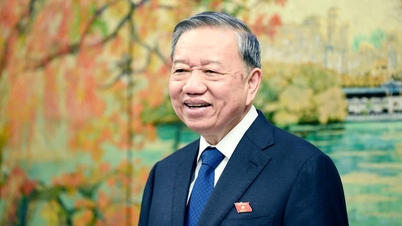



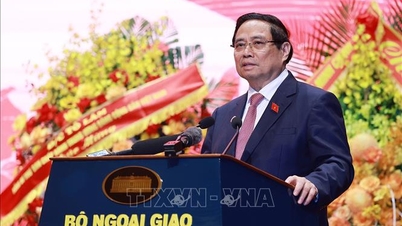
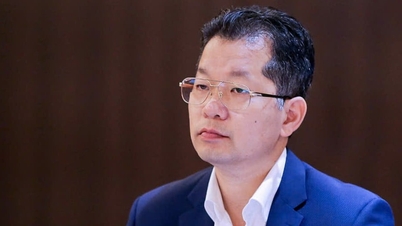
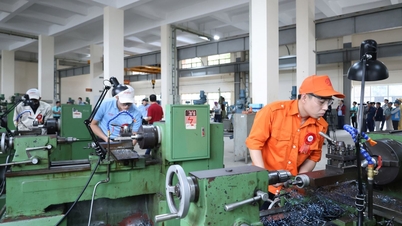
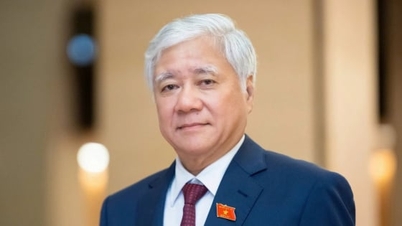







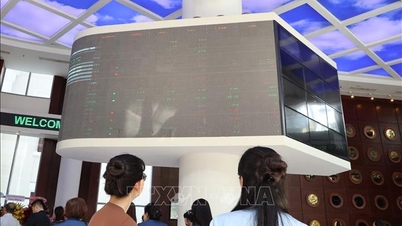



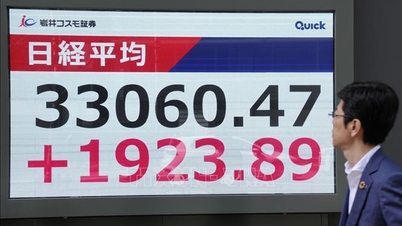









































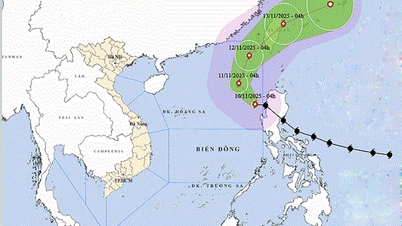

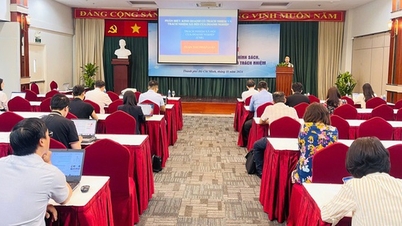










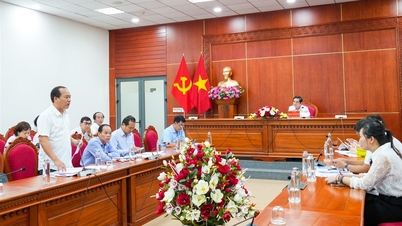




![Dong Nai OCOP transition: [Article 3] Linking tourism with OCOP product consumption](https://vphoto.vietnam.vn/thumb/402x226/vietnam/resource/IMAGE/2025/11/10/1762739199309_1324-2740-7_n-162543_981.jpeg)









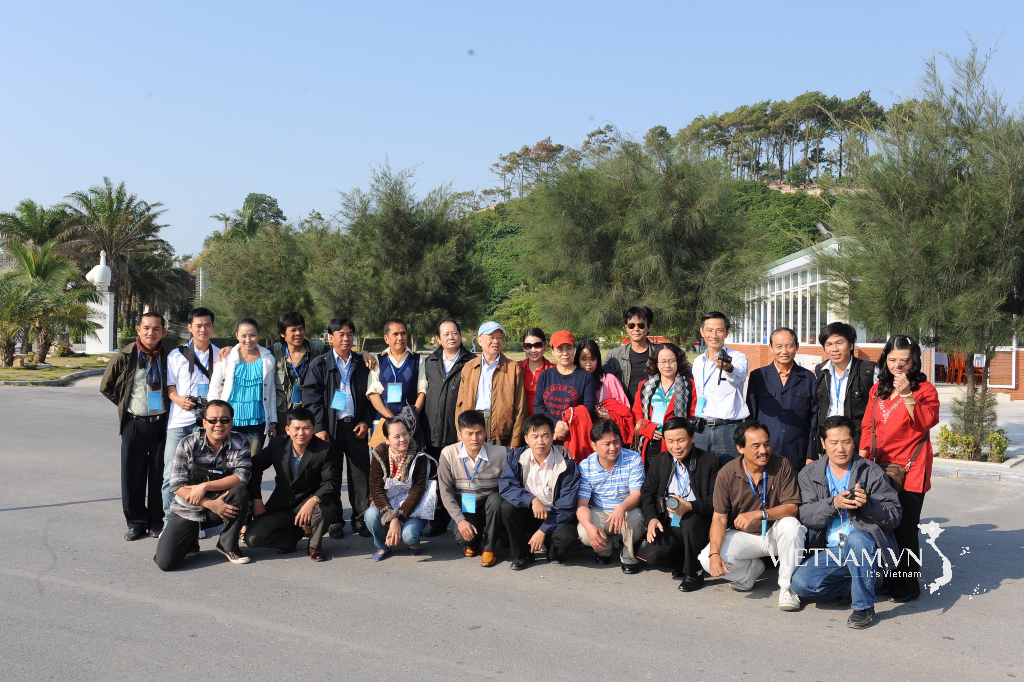



Comment (0)